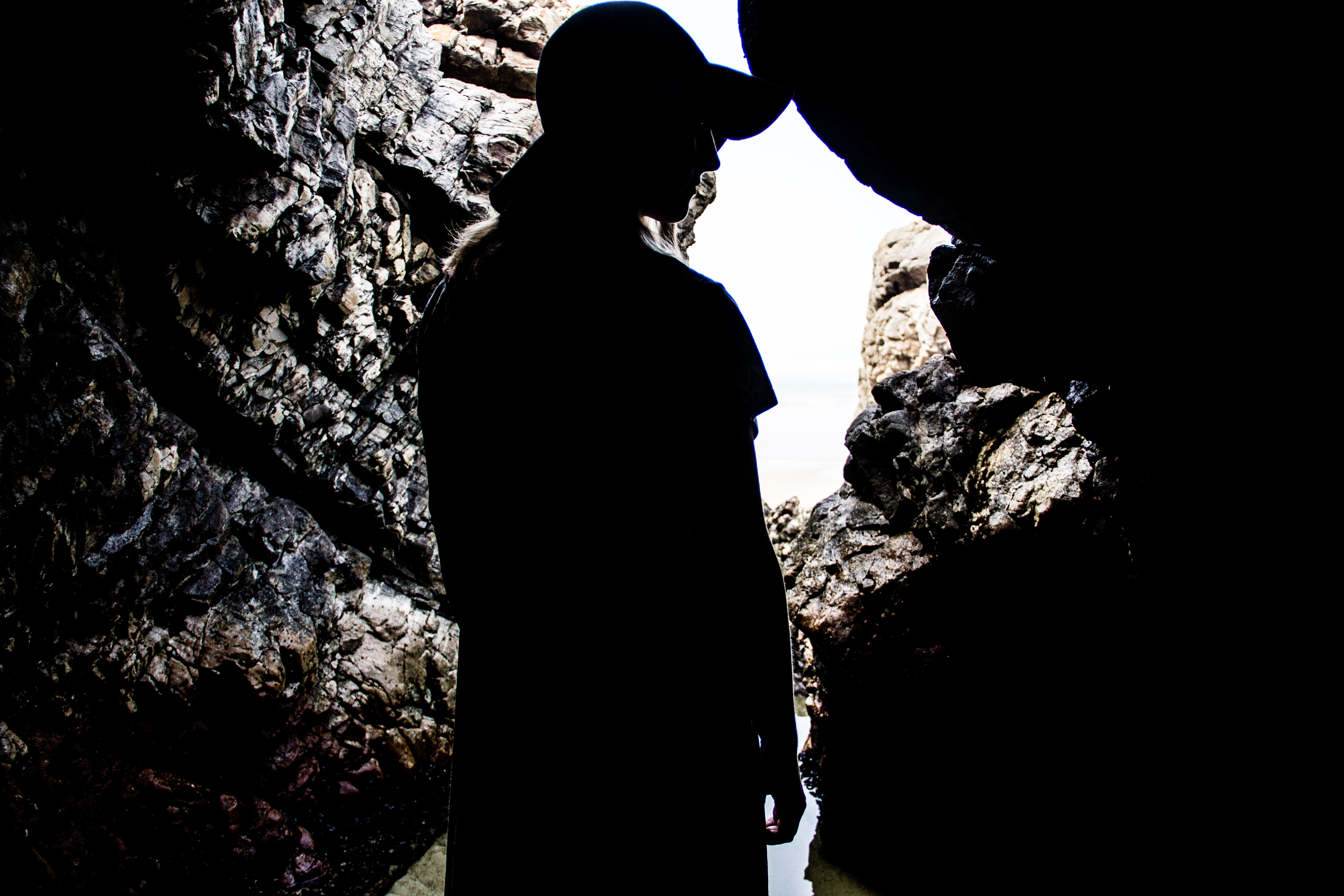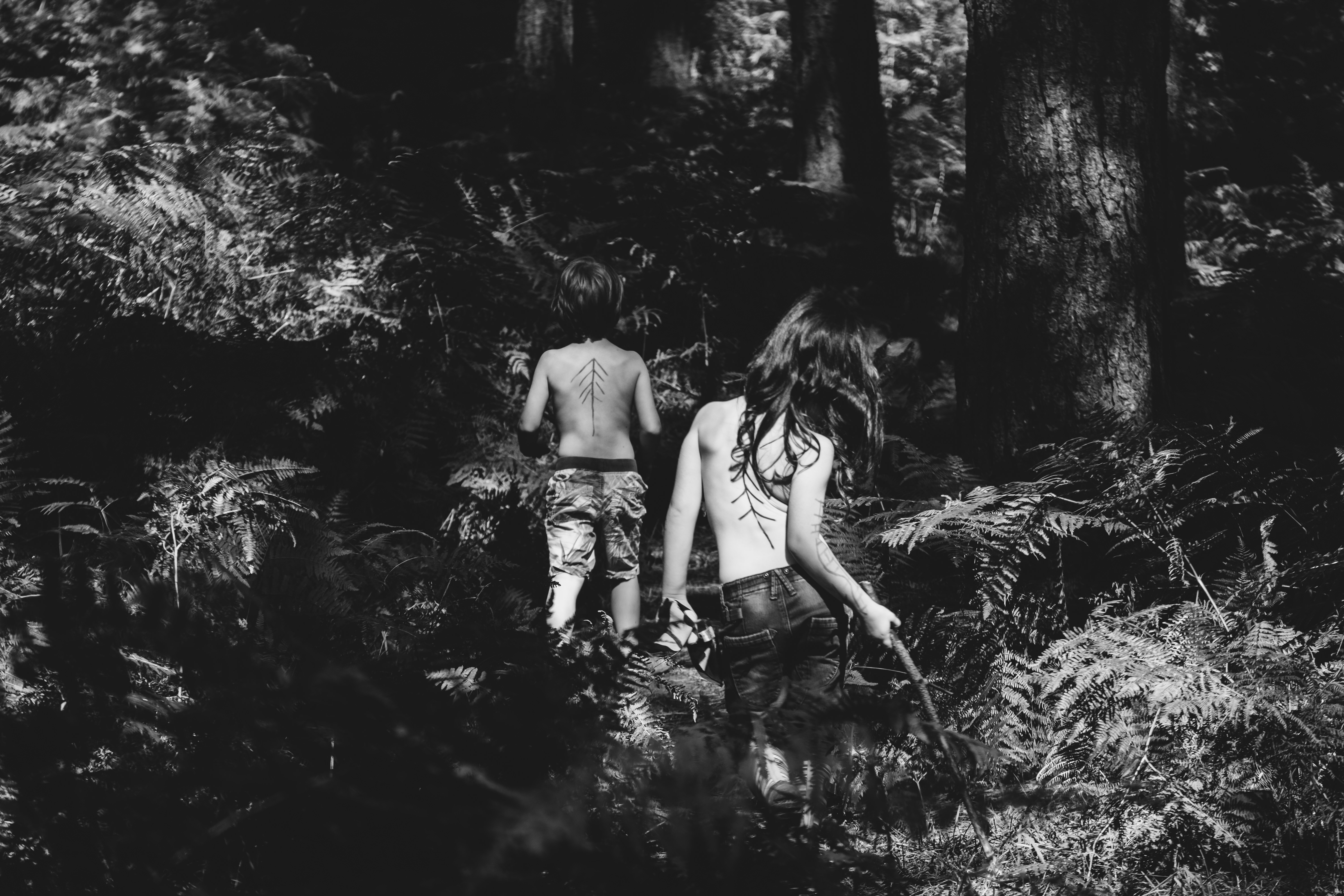Experiencing deprivation is painful. Whether we’ve experienced deprivation in a neglectful or abusive relationship, financially, or otherwise; the lived experience of “not enough” hurts. Even when we are no longer in that same situation where we experienced the deprivation we often find ourselves in the same mindset. We can be in a totally lucrative career, making plenty of money or in a healthy, stable relationship with plenty of love and affection and still feel like there’s “not enough.”
And that scarcity mindset is a harsh landscape. It prevents us from allowing ourselves to really enjoy what we have and keeps us stuck in fear of losing it. We want to feel gratitude and excitement for how far we’ve come and where we’re at now, but we won’t allow ourselves to experience it for fear of jinxing the whole thing.
I find that, for myself, whenever I’m coming from a scarcity mindset it feels so much more dangerous to take a risk, put myself out there and get what I want. I think to myself, “Don’t rock the boat, man. You’re lucky to have what you have.” It feels safer to hold back.
It can almost feel like we’re getting away with something when we find ourselves in a good place. Any second it could all come crashing down, and we’ll lose it only this time we’ll end up worse off because we know how much better life can be. We end up holding ourselves back. Some of us protested against the deprivation we experienced in the past and got burned. The person we wanted more from rejected or abandoned us. The boss we confronted fired us. It taught us that it really is too risky to rock the boat, that we should just shut up and take what we’re offered if we know what’s good for us. So we stay stuck. It makes us more fearful and resentful. Years pass and it feels like life is just happening to us.
Often, I post about a subject and then write about some helpful tips to try. I won’t do that this time. For some reason, it seems like it would be somehow misleading. There’s no quick fix for overcoming a scarcity mindset. (I mean, there’s no quick fix for anything.) It’s a process of very deliberate practice. Some might find strength in cultivating a mindfulness practice. Others will find it in a therapeutic relationship. Some might find it using a combination of tools.
I will encourage you to try this, though. See what it’s like to notice whatever it is you’re afraid of losing. Notice how much you like having it in your life, what it does for you, how it nurtures you. Whenever the panic shows up and tells you that these are the exact reasons you’re afraid of losing this aspect of your life, acknowledge it with compassion. Remind yourself again how grateful you are to have whatever it is at the focus if this exercise.
I’ll be honest. It will be hard at first, and you’ll freak out about losing whatever it is you’re afraid of losing. You’ll probably feel anxious and irritated. When I first started, I would think, “Whatever. This is stupid.” Sometimes I’d cry, filled with anxiety about losing what I loved. It’s fine. There is no right way. You’re only job is to notice that part of yourself with compassion and remind yourself of your gratitude. Maybe you’ll only feel like you can do it for a few seconds. That’s enough. Maybe you’ll be able to do it for a minute and a half. That’s enough, too. It’s enough because there is enough.
Love and Be Loved,
Natalie


